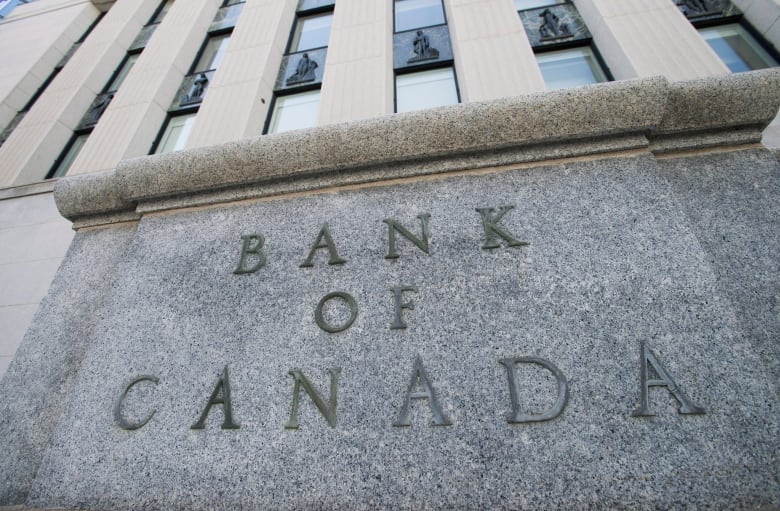There is an emerging consensus among academics and economic think tanks that the federal government and the central bank may need to consider unprecedented options to save provincial balance sheets.

This story is part of The COVID Economy, a CBC News series looking at how the uncertainty of the coronavirus pandemic is affecting jobs, manufacturing and business in regions across Canada.
Newfoundland and Labrador’s Dwight Ball was the first premier to fire a financial distress flare. He likely won’t be the last.
Ball wrote an urgent letter last month warning the prime minister that his province had “run out of time,” couldn’t borrow money and soon wouldn’t even be able to pay its health care workers in the middle of a pandemic.
And while the Bank of Canada threw Newfoundland and Labrador a lifeline by agreeing to buy short-term bonds, many academics and economic think tanks are starting to argue that the federal government and the central bank may need to consider unprecedented options to save provincial balance sheets.
The short-term measures that helped Ball make his payroll are just that — short-term. And there is a sense that a fundamental restructuring of financial relationships between levels of government may be required when the pandemic is over.
“These are unprecedented times,” said Marc-Andre Pigeon, an assistant professor in the Johnson Shoyama Graduate School of Public Policy at the University of Saskatchewan.
Pigeon is co-author — with colleagues Murray Fulton and Michael Atkinson — of a policy brief calling on Ottawa to “put the Bank of Canada to work” to help out.
“The provinces are in big trouble,” their paper begins.
They float a few options: loans to the provinces, transferring funds to them at no net cost as part of a kind of COVID-19 grant, or issuing an explicit blanket guarantee for all provincial debt to drive yields down to federal levels.

In an interview with CBC News, Pigeon said he understands there is a policy reluctance to go there because it could provide incentives to the provinces to take more risks with their finances.
“It’s kind of a moral hazard idea, that if you’re backstopping the provinces, they might let go of their spending strings and kind of go a little crazy and we don’t want that,” Pigeon said.
“But at the same time, I think this is one of those cases where there’s a reasonable argument to be made that we need to give them the power they need to address this crisis.”
The problem is more acute for resource-dependent provinces.
“There are higher costs that the provinces are going to have to pay out of this, and for a province like Newfoundland and Labrador, those higher costs are not nothing,” Pigeon said.
“They are something significant, because the province was alrea

